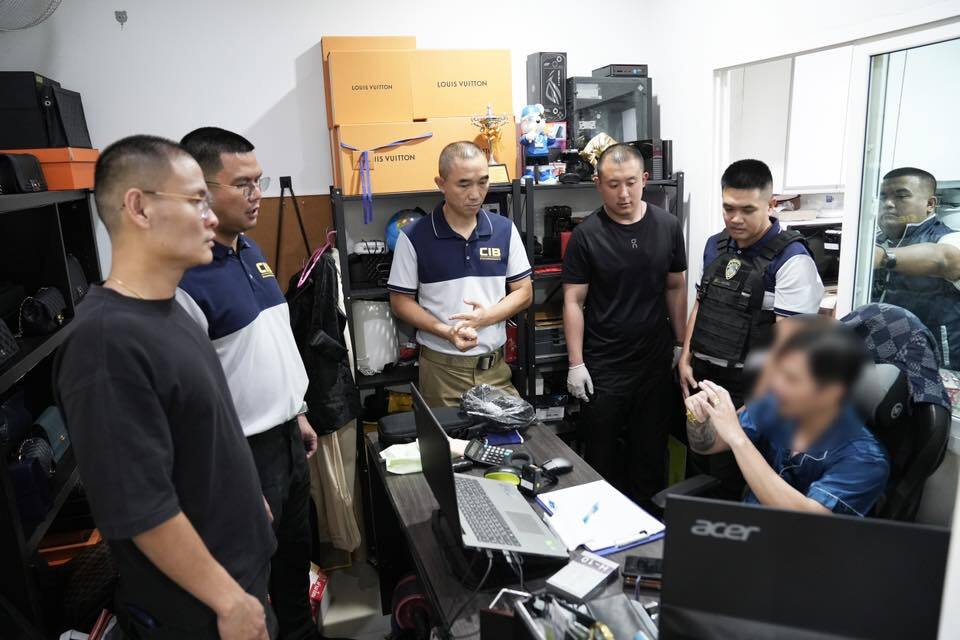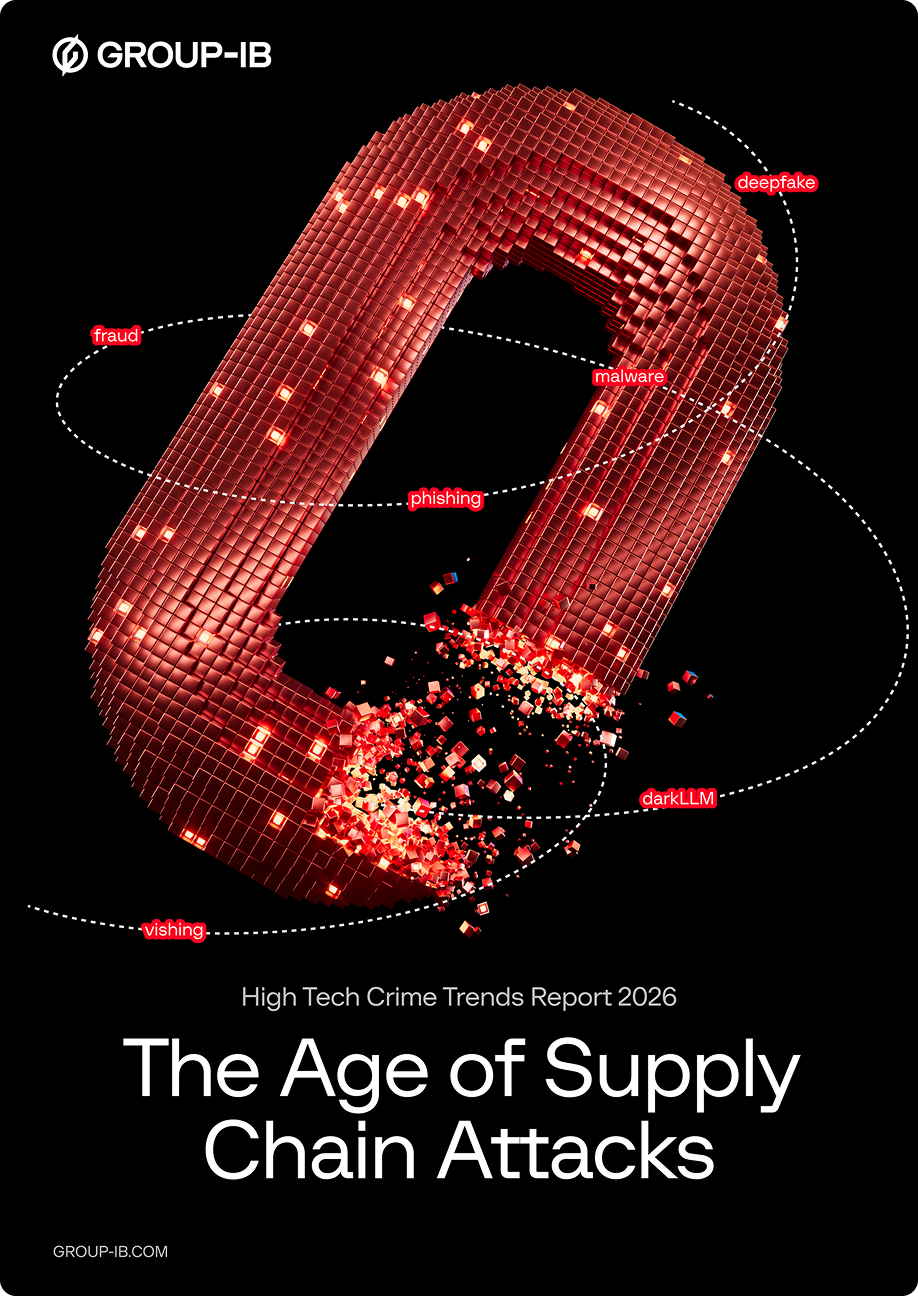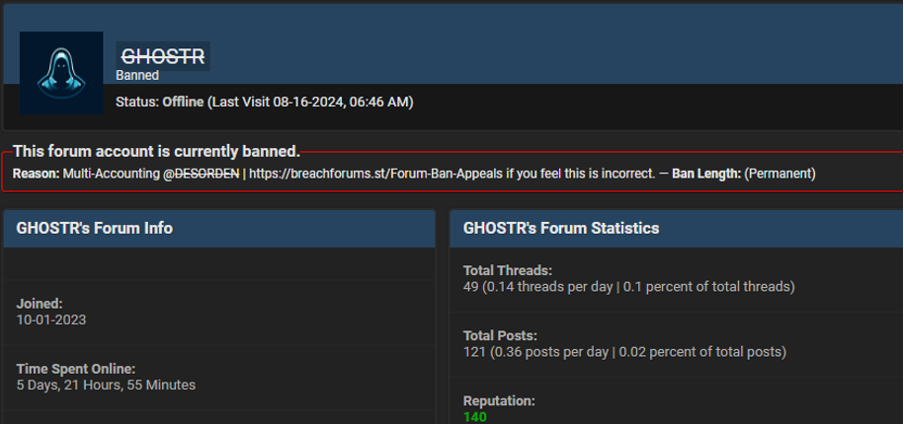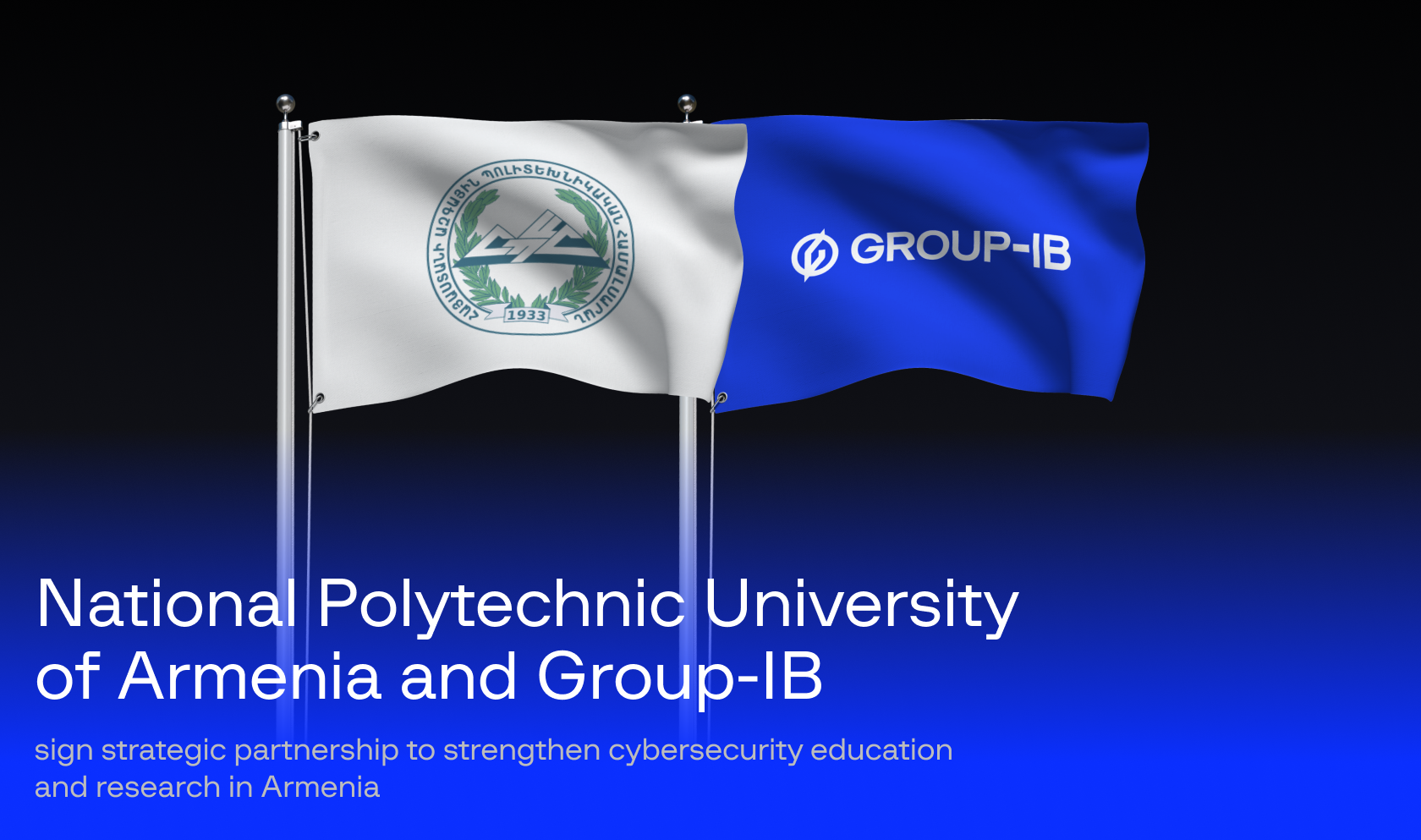Group-IB, a leading creator of cybersecurity technologies to investigate, prevent, and fight digital crime, announced today that it has contributed to a joint operation of the Royal Thai Police and the Singapore Police Force which led to the arrest of an individual responsible for more than 90 instances of data leaks worldwide, including 65 across the Asia-Pacific region. It resulted in over 13TB of personal data which has been sold on the dark web. In some countries the government agencies were also attacked, compromising sensitive information on a large scale. Operating under aliases ALTDOS, DESORDEN, GHOSTR and 0mid16B, the arrested individual was one of the most active cybercriminals in the Asia-Pacific since 2021, targeting companies and businesses in Thailand, Singapore, Malaysia, Indonesia, India and many more.

Group-IB’s Threat Intelligence and High-Tech Crime Investigation teams located in the Digital Crime Resistance Centers (DCRCs) in Thailand and Singapore have been tracking the cybercriminal since 2020. He first emerged under the alias ALTDOS with victims mostly in Thailand. The main goal of his attacks was to exfiltrate the compromised databases containing personal data and to demand payment for not disclosing it to the public. If the victim refused to pay, he did not announce the leaks on dark web forums. Instead he notified the media or personal data protection regulators, with the aim of inflicting greater reputational and financial damage on his victims.
Later he also asserted pressure on his victims by sending direct customer notifications via email or via instant messengers to force them into submission. In rare occasions, Group-IB has also observed the cybercriminal encrypting the victim’s databases.
Relatively quickly he expanded the victim geography beyond Thailand and started to publish data leaks to be sold on popular dark web forums. He was highly regarded on data leak forums as an owner of a large number of unique data leaks, and commanded a higher price for the leaked data.
To attack victims, the cybercriminal leveraged SQL injection tools like sqlmap and exploiting vulnerable Remote Desktop Protocol (RDP) servers to gain unauthorized access to sensitive data. The cybercriminal then installed a beacon of a cracked version of the CobaltStrike to control compromised servers. Based on Group-IB’s findings, the cybercriminal did not perform significant lateral movement, and exfiltrated data to their rented cloud servers for further blackmailing of a company.
The investigation of this cybercriminal was hampered by the fact that he changed his nicknames and approach to work several times. Group-IB discovered that from 2020 until February 2025 he operated under several aliases including ALTDOS, DESORDEN, GHOSTR and 0mid16B. Group-IB’s dark web monitoring technologies analysed and correlated the similar styles of writing, format of posts, and preferences in data sharing websites, messengers and target regions. The connections were further confirmed by the timeline of accounts activity and correlations in posted databases.

Group-IB’s investigation team analyzed every instance of alias changes. At times, he created a new digital persona to avoid correlation with previous attacks. In 2023, he was banned for scamming, and later, in 2024, for multi-accounting.
He gained further notoriety under the nickname DESORDEN, primarily targeting companies in Asia-Pacific countries. His main targets included industries such as healthcare, retail, property investment, finance, e-commerce, logistics, technology, hospitality, insurance, and recruitment. In the later stages of DESORDEN—and more intensively under the aliases GHOSTR and 0mid16B—he expanded his attacks to companies in the United Kingdom, the Middle East, Canada, and the United States.

The Royal Thai Police raiding the cybercriminal’s premises. Courtesy of the Royal Thai Police.
During the operation, the Royal Thai Police seized several laptops and electronic devices, as well as a large number of luxury goods that was purchased with the cybercriminal with proceeds from the sale of the data leaks.

Electronic devices and luxury goods seized during the operation. Courtesy of the Royal Thai Police.
“This case highlights the evolution of cybercriminal tactics, not just through technical exploits, but through coercion, intimidation, and reputational threats. We are proud to have assisted the Royal Thai Police and the Singapore Police Force, and we are grateful for their efforts in bringing the cybercriminal to justice. Working together, we have prevented him from causing further breaches, and protected the personal data of millions. This operation reaffirms our commitment to continue our fight against cybercrime alongside global and local law enforcement agencies, and ensuring a safer digital world for all.”

CEO, Group-IB
According to Group-IB’s High-Tech Crime Trends Report 2025, Thailand was among the top 10 jurisdictions globally with 18 instances of data leaks in 2024. Globally, there were 1,107 instances of new data leaks in 2024, which compromised more than 6.4 billion user data strings worldwide, including email and passwords, as well as phone numbers published on the dark web.
































